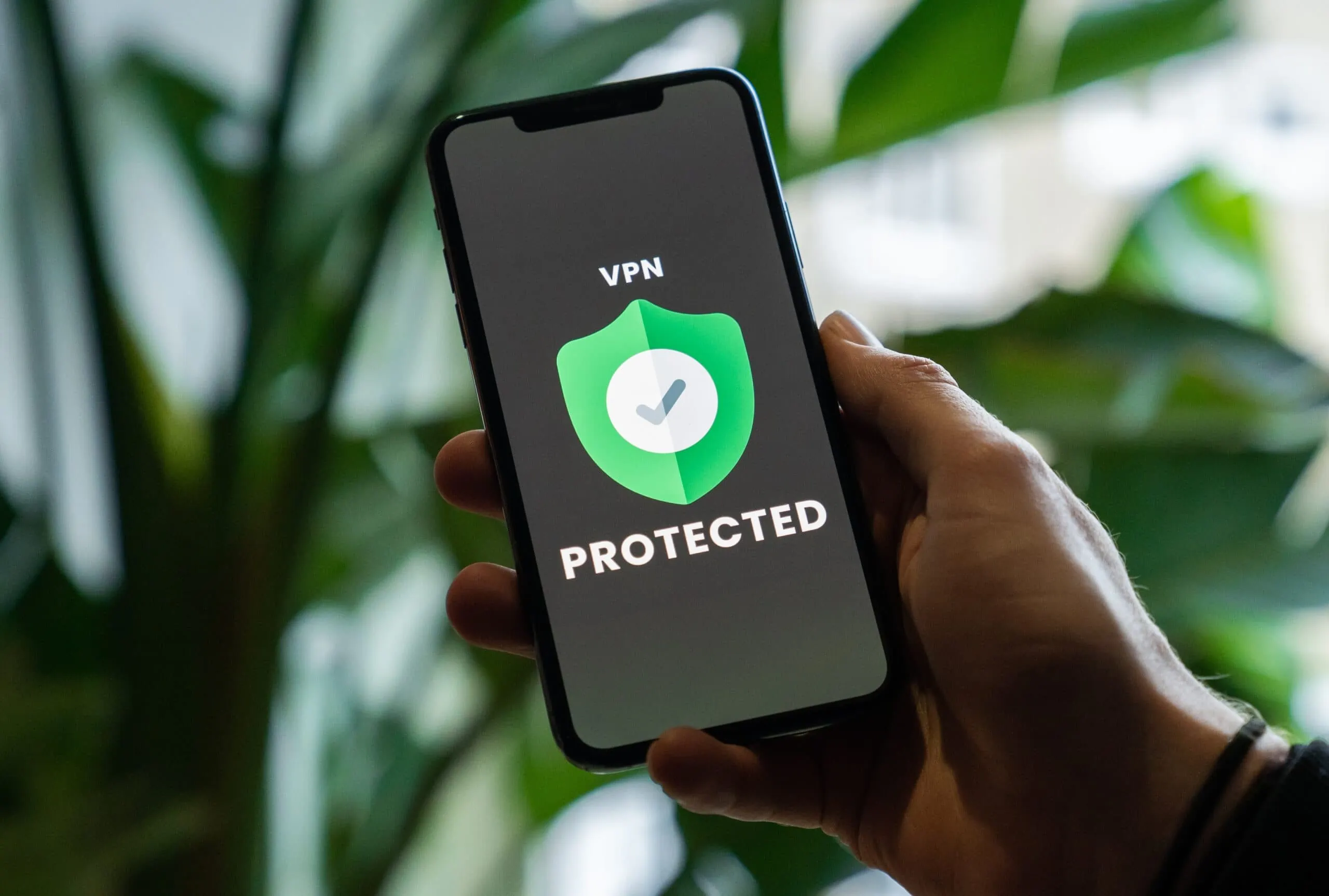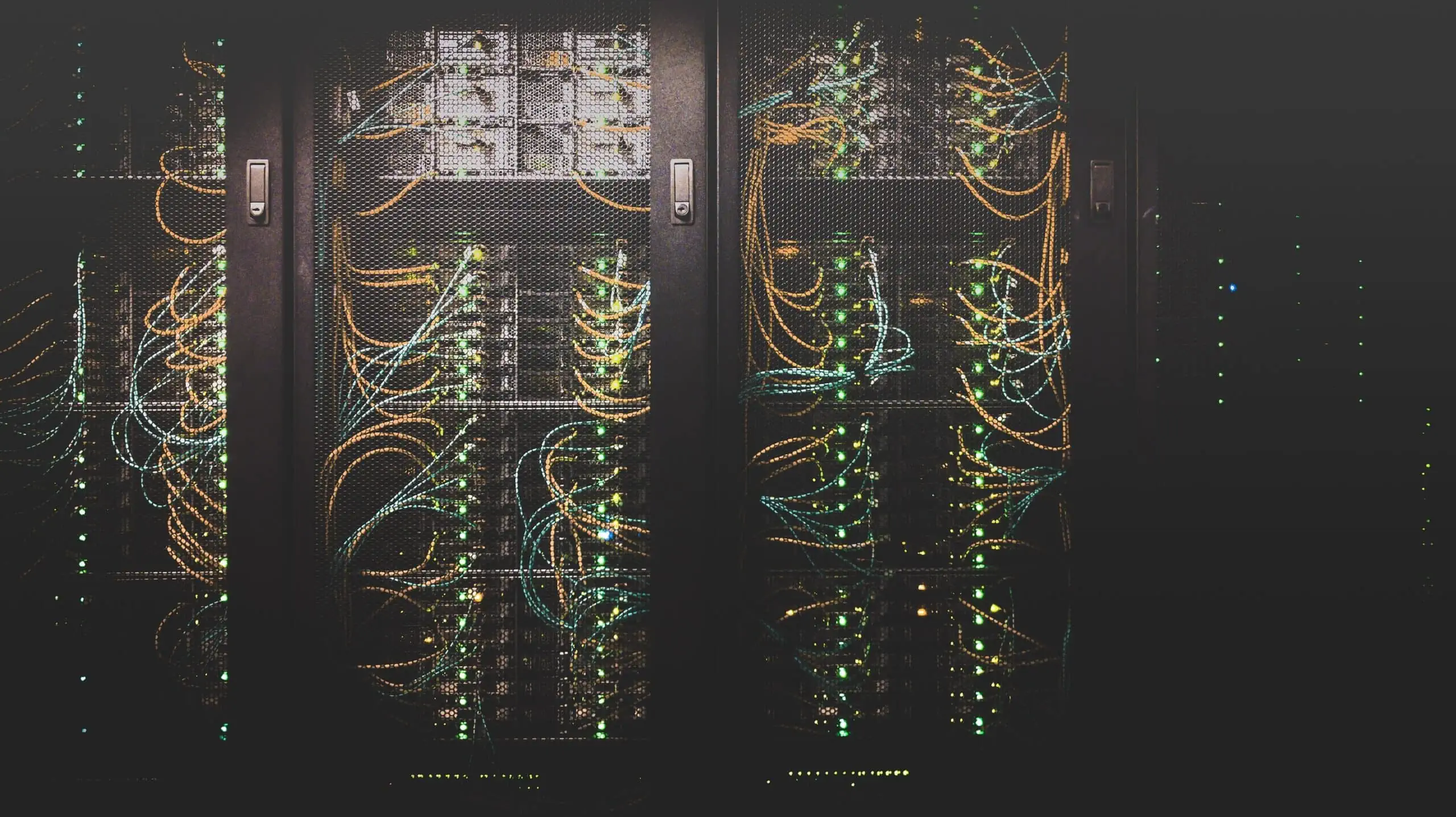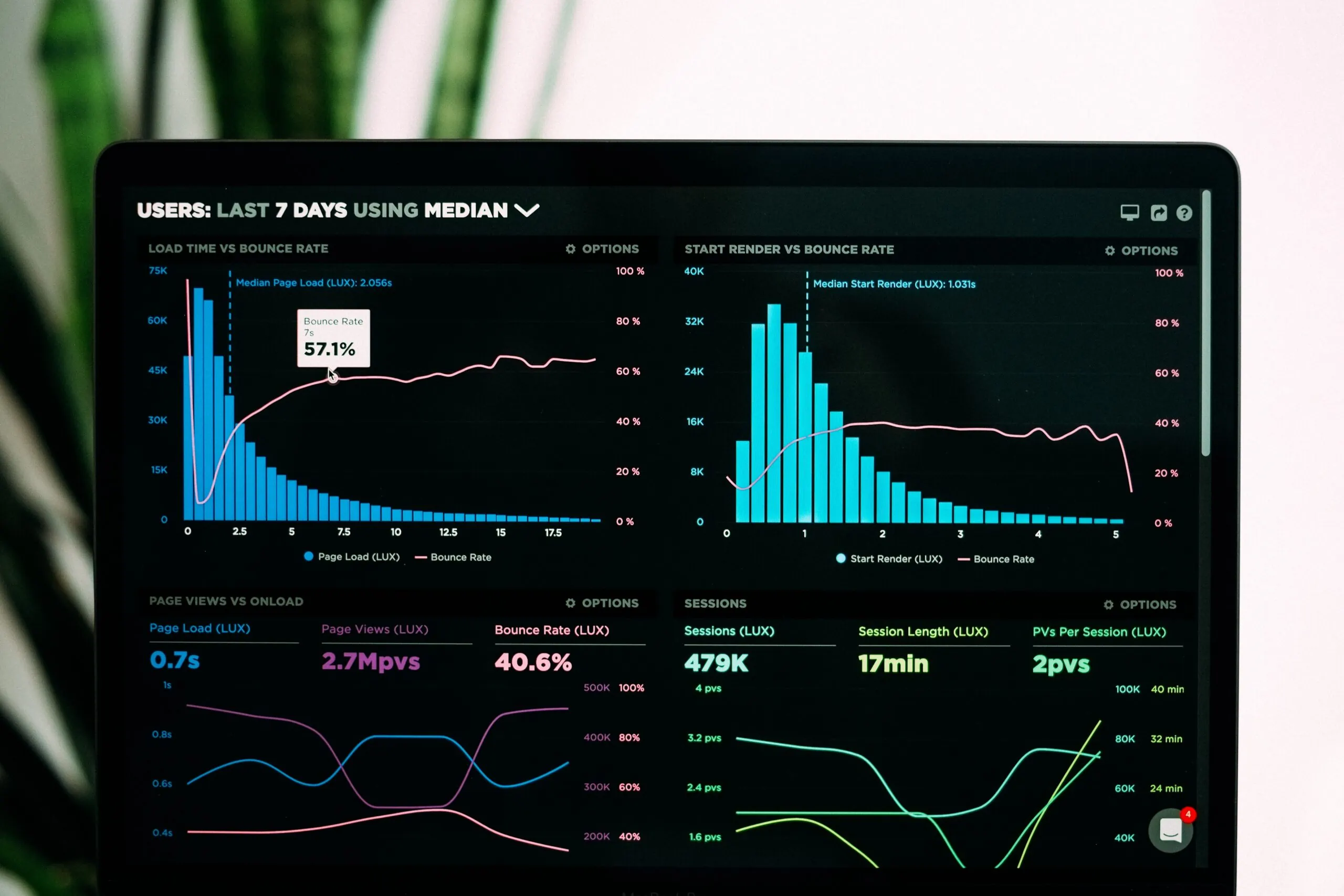Introduction : Understanding the Importance of Sensitive Personal Data in Today’s Digital Age
What is sensitive personal data? Sensitive personal data is information that can be used to identify an individual, such as their name, address, social security number, or medical records. In today’s digital age, sensitive personal data is increasingly being collected, stored, and shared by individuals and organizations. While this data can be used for various purposes, such as improving customer experience or providing better services, it also poses a significant risk to privacy and security. Therefore, it is crucial to understand the importance of protecting sensitive personal data in today’s digital age.
One of the main reasons why protecting sensitive personal data is critical is that it can be misused for various malicious purposes, such as identity theft, financial fraud, or cybercrime. In addition, sensitive personal data can also be used for targeted advertising, which can violate individuals’ privacy rights. Moreover, the collection and storage of sensitive personal data can also pose significant risks to cybersecurity, as cybercriminals may target organizations to steal or exploit this data. Therefore, it is essential to take proactive measures to protect sensitive personal data, such as using encryption, implementing access controls, and regularly monitoring and auditing data usage to prevent unauthorized access or misuse. By doing so, individuals and organizations can ensure that sensitive personal data remains secure and protected in today’s digital age.

What Constitutes Sensitive Personal Data? A Comprehensive Overview
Sensitive personal data refers to any information that could potentially reveal a person’s identity, including their race, ethnicity, religion, sexual orientation, health status, and financial information. This type of data is subject to strict privacy laws and regulations, as it is often used for nefarious purposes such as identity theft, fraud, and discrimination.
In addition to the above, other types of sensitive personal data include a person’s biometric information, such as fingerprints and facial recognition data, as well as their political opinions and criminal record. It’s important to note that not all personal data is considered sensitive, and the level of sensitivity can vary depending on the context and intended use of the information. To protect sensitive personal data, individuals and organizations must take appropriate measures to ensure it is secure and only used for lawful purposes.

Protecting Your Sensitive Personal Data: Tips and Best Practices
In today’s digital age, we share a vast amount of personal information online, from our email addresses to our credit card details. Unfortunately, this also means that our sensitive personal data is at risk of falling into the wrong hands. That’s why it’s essential to take the necessary steps to protect your personal data from online fraudsters and identity thieves. Here are some tips and best practices to keep your sensitive personal data safe and secure:
Firstly, always use strong and unique passwords for all your online accounts. Avoid using common phrases or words that are easy to guess. Instead, use a combination of uppercase and lowercase letters, numbers, and special characters. Secondly, be careful when sharing personal information online, such as your full name, address, or date of birth. Only share this information when it’s necessary, and make sure you’re sharing it with a trustworthy source. Lastly, regularly update your privacy settings on social media platforms and other online accounts to ensure that your personal data is not being shared with third parties without your permission. By following these tips and best practices, you can help protect your sensitive personal data from being compromised.

Sensitive Personal Data Breaches: How to Respond and Mitigate the Damage
Sensitive personal data breaches can happen to anyone, anytime. When it occurs, it can lead to a great deal of damage to the affected individuals, organizations, and even the public at large. Knowing how to respond and mitigate the damage is critical to managing the situation effectively.
Responding to a sensitive personal data breach is to assess the extent of the breach and identify what data has been compromised. This process will help you to determine the appropriate response and mitigation measures. Once you have a clear understanding of the breach, you can start notifying affected parties and regulatory authorities, if necessary. You should also take immediate steps to secure any vulnerabilities that were exploited and prevent any further unauthorized access. Lastly, it is essential to communicate transparently and proactively with those affected by the breach to build trust and mitigate the damage caused. By following these steps, you can respond to a sensitive personal data breach effectively and minimize the harm caused by it.

Sensitive Personal Data in the Workplace: Balancing Privacy and Productivity
Sensitive personal data is information that can be used to identify an individual, such as their name, address, or date of birth. In the workplace, this data can be particularly vulnerable to misuse, and employers have a responsibility to protect their employees’ privacy. However, they also need to balance this with the need for productivity and efficiency.
One way to achieve this balance is through clear policies and guidelines around the handling of sensitive personal data. This should include training for employees on best practices for data security and privacy, as well as clear procedures for reporting any breaches or incidents. Employers may also need to consider implementing technical solutions, such as encryption or access controls, to further protect sensitive data. By taking a proactive approach to data privacy, employers can ensure that they are protecting their employees while also maintaining productivity in the workplace.

How Companies Collect and Use Sensitive Personal Data: An Insider’s Perspective
As technology advances, companies are increasingly collecting sensitive personal data from their customers. This data can include information such as names, addresses, and credit card numbers. In this article, we will explore how companies collect and use this data from an insider’s perspective.
One way that companies collect sensitive personal data is through online forms that customers fill out when they make purchases or sign up for services. Companies may also use cookies and other tracking technologies to collect data about customers’ online behavior. Once this data is collected, companies may use it for a variety of purposes, including targeted advertising and personalization of their products and services. However, it’s important to note that companies have a responsibility to protect their customers’ data and must adhere to strict privacy laws and regulations. As an insider in the industry, it’s crucial to prioritize the protection of sensitive personal data while also leveraging it in ethical and effective ways.

The Ethics of Handling Sensitive Personal Data: A Deep Dive into the Debate
The handling of sensitive personal data has become a hotly debated topic in recent years. With the increasing amount of data collected and processed by businesses and organizations, there is a growing concern over how this information is being used, stored, and protected. The debate around the ethics of handling sensitive personal data revolves around several key issues, including data privacy, security, and consent.
One of the main concerns is data privacy, which refers to the right of individuals to control their personal information. Many people are uncomfortable with the idea of their personal information being collected and used without their knowledge or consent. This is especially true when it comes to sensitive information such as medical records, financial information, or criminal history. Another issue is data security, which refers to the measures taken to protect personal information from unauthorized access, theft, or misuse. Businesses and organizations have a responsibility to ensure that the personal data they collect and process is kept safe and secure at all times. Finally, consent is also an important factor in the ethics of handling sensitive personal data. Individuals have the right to know how their personal data is being used and to give their consent before it is collected or processed.

The Future of Sensitive Personal Data: Emerging Technologies and Privacy Concerns
As technology advances, the amount of sensitive personal data being collected is increasing at an exponential rate. This data includes everything from financial information to medical records, and it is becoming more important than ever to protect it from potential misuse. Emerging technologies such as artificial intelligence and the internet of things are making it easier than ever to collect and store vast amounts of personal data, but they also bring new privacy concerns that must be addressed.
One major privacy concern is the potential for data breaches, which can result in sensitive personal information falling into the wrong hands. Companies and organizations must take measures to ensure the security of the data they collect, including implementing strong encryption and access control measures. Additionally, individuals must be aware of the risks associated with sharing their personal data online and take steps to protect themselves, such as using strong passwords and being cautious about the websites they visit. As technology continues to evolve, it is crucial that privacy concerns are taken seriously to ensure the protection of sensitive personal data.

Empowering Consumers to Take Control of Their Sensitive Personal Data
As technology advances, our personal data becomes more vulnerable to security breaches and misuse. Consumers need to take control of their sensitive personal data to protect themselves from the negative consequences of data breaches. Empowering consumers to take control of their sensitive personal data is crucial in ensuring the safety of their online activities.
One way consumers can take control of their sensitive personal data is by being vigilant with their online activities. They should avoid sharing personal information with untrusted sources and regularly monitor their accounts for any suspicious activities. Additionally, consumers should make use of the available data privacy tools and services that can help them protect their sensitive information. By taking proactive measures to protect their sensitive personal data, consumers can have greater peace of mind and enjoy a safer online experience.

Conclusion: What is Sensitive Personal Data?
In conclusion, sensitive personal data is any information that could be used to identify or discriminate against an individual. This can include their race, religion, political views, health information, financial details, and more. It is important to protect this information from unauthorized access or misuse, as it can have serious consequences for the individual in question. This is why many countries have laws and regulations in place to safeguard sensitive personal data.
If you handle sensitive personal data, it is crucial to be aware of your legal obligations and take steps to protect this information. This may involve implementing strong data security measures, such as encryption and access controls, as well as training employees on how to handle sensitive information. By taking these precautions, you can help ensure that sensitive personal data remains private and secure. In short, protecting sensitive personal data is a vital responsibility that should not be taken lightly, and everyone should do their part to safeguard this information.






